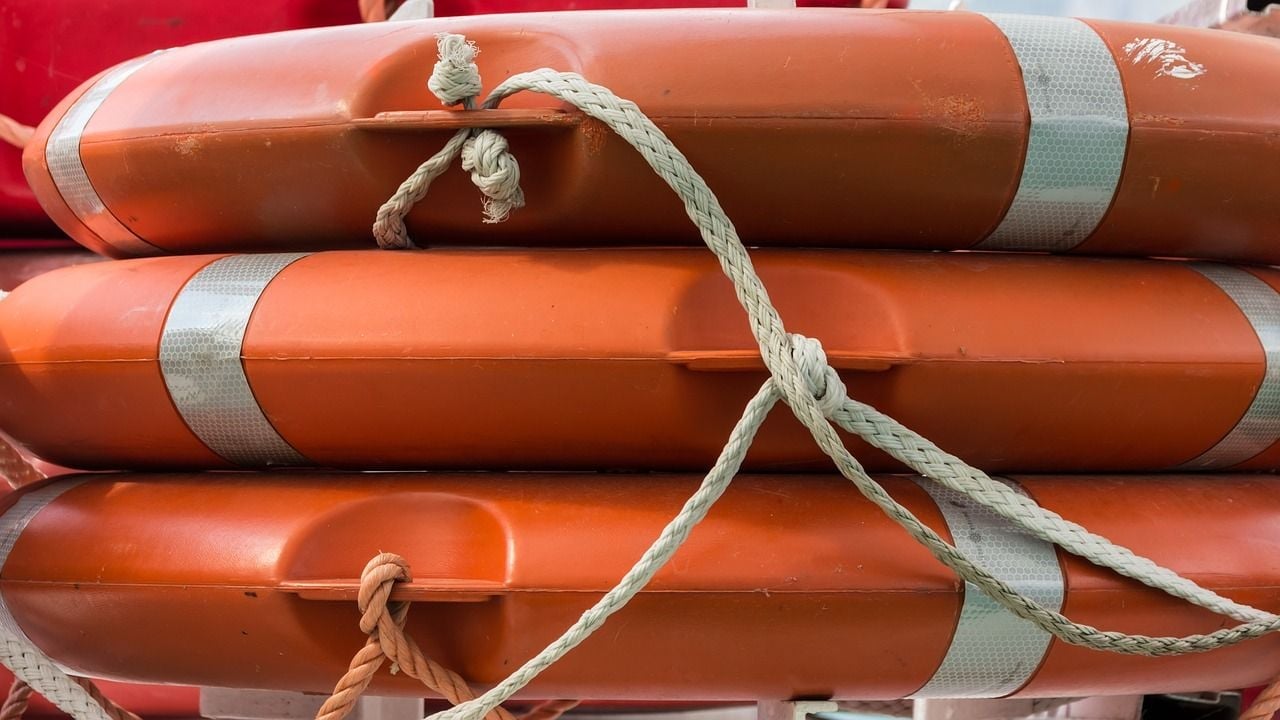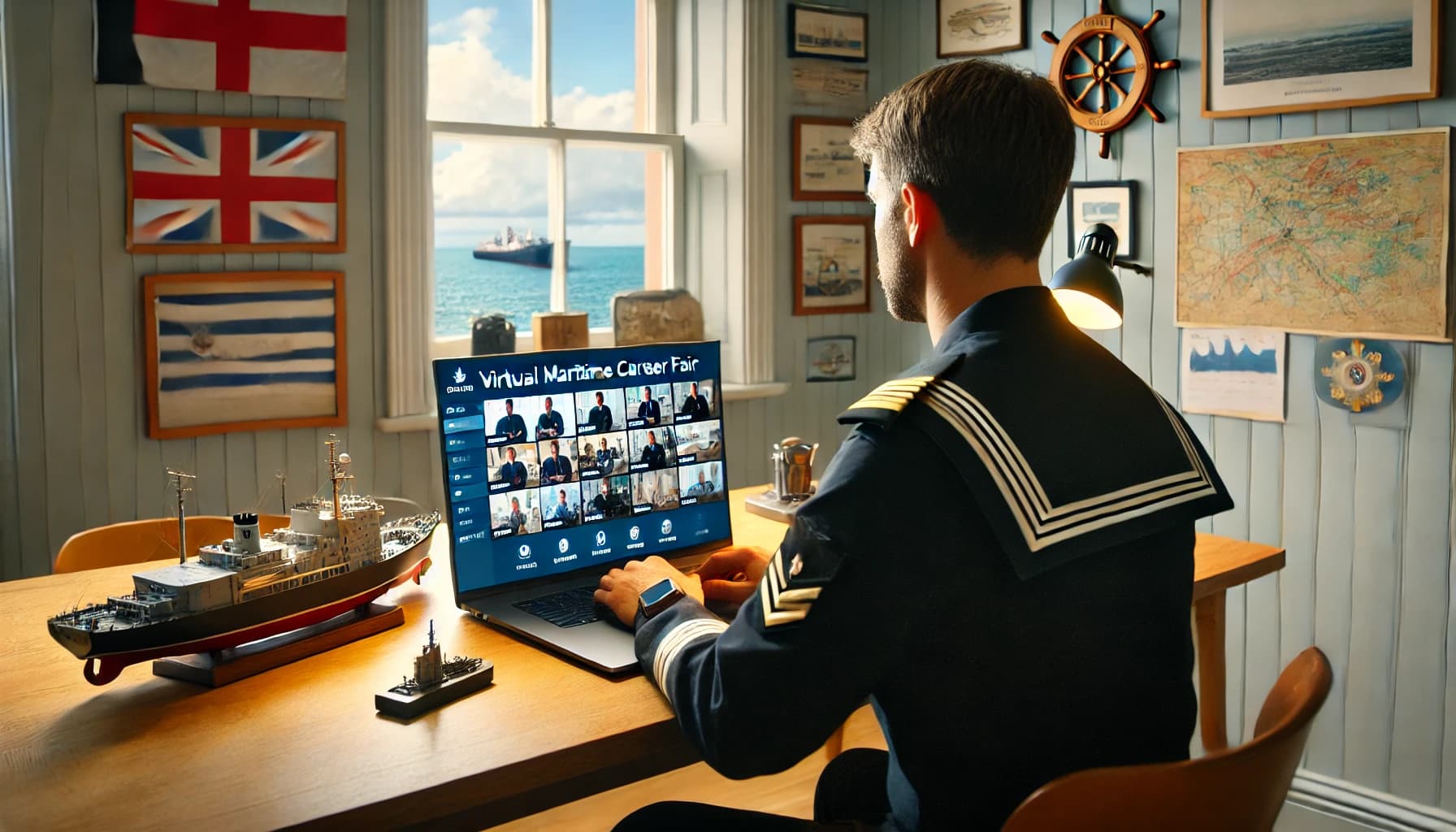Ever since ships began trading internationally there have always been people who are seeking a better life for themselves, or who are fleeing war, oppression or persecution - but who don’t have the financial means of getting from A to B.
And so the concept of 'stowing away' on a ship was born.
However, in recent years the problem has been on the rise due to various global issues and the fact that more and more people are willing - or desperate enough - to take the very real risks involved in stowing away on a container ship or other commercial vessel.
What does being a stowaway on a ship mean?
As per the IMO’s website:
The Convention on Facilitation of International Maritime Traffic, 1965, as amended, (The FAL Convention), defines a stowaway as "A person who is secreted on a ship, or in cargo which is subsequently loaded on the ship, without the consent of the shipowner or the Master or any other responsible person and who is detected on board the ship after it has departed from a port, or in the cargo while unloading it in the port of arrival, and is reported as a stowaway by the master to the appropriate authorities".
To summarize, a stowaway is someone who hides him or herself on a ship, or in cargo, without the permission or knowledge of the shipowner, ship’s Master or crew, and who is onboard the vessel once it has left port.
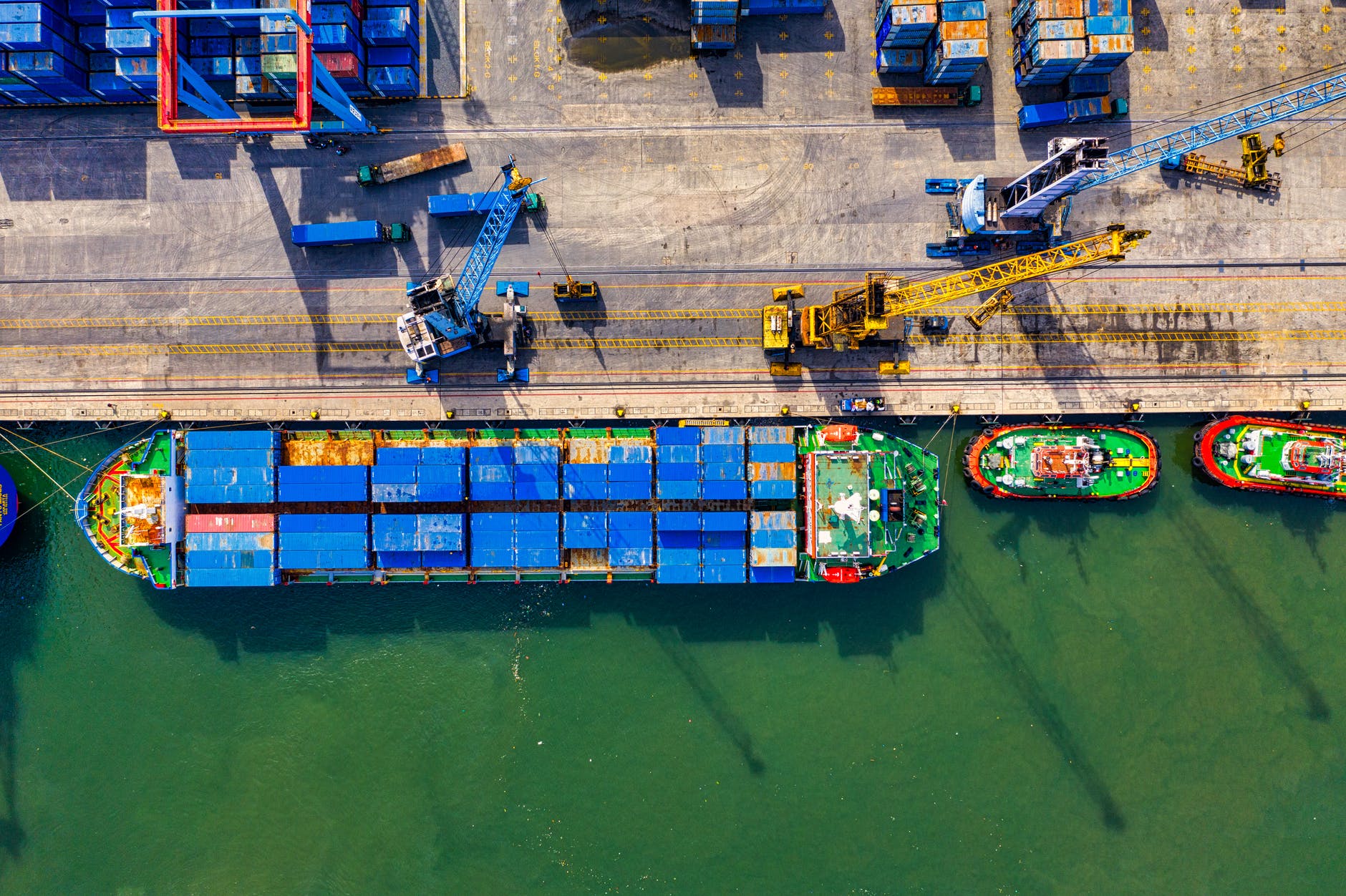
Where do stowaways come from?
The majority of stowaways come from impoverished or war torn countries or areas of conflict. The problem is global, but many stowaways are from the poorer Asian and African countries and are looking to build a new life elsewhere.
Others may be poorly paid workers in or around port and dock areas who are looking for free transportation home either at the end of a contract, or even during national holidays such as Christmas or New Year.
Is stowing away on a ship risky?
Stowing away on a ship comes with huge risks to the person in question. A container ship is a huge vessel and has a myriad of different areas, equipment, machinery and other specialized equipment.
Unlike a seafarer who has undergone rigorous training and has experience working on a vessel, a stowaway will not only be in an alien environment, they will also be completely unprepared in the event of any issues.
Add to that, months spent at sea without adequate food or drink, spent in unsanitary conditions (taking a shower and using the bathroom are not really options…) and in a strange and often dangerous environment can result in severe illness and even death.
Starvation, dehydration, suffocation, hypothermia, and even drowning are real and present dangers.
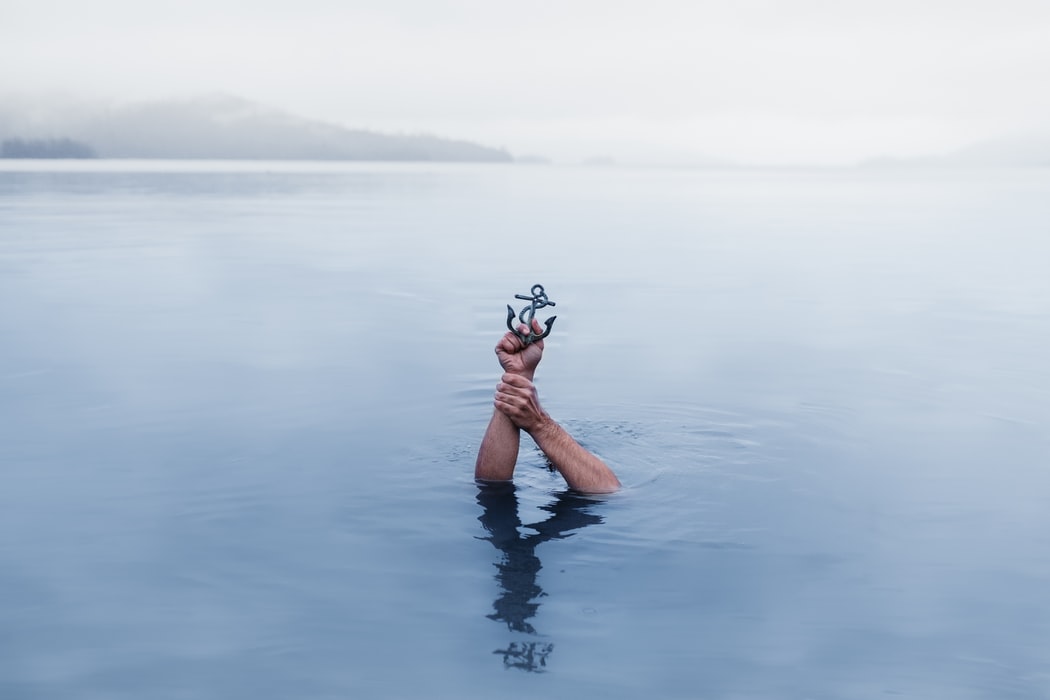
Does having a stowaway onboard cause problems?
In a word, yes. Discovering a stowaway - or stowaways - on board a ship is a huge headache for almost everyone involved.
There will be, often significant, financial ramifications for the shipowner and states, legal problems for the authorities in ports of call, and issues for the Master and crew that now have to deal with unknown individuals on their vessel when they’re already busy at work.
And in this modern era of smaller crews, in a worst case scenario, there may even be more stowaways onboard than seafarers.
How do stowaways get onboard a ship?
A ship’s owner or Master is responsible for ensuring that all doors, hatches and other access points are locked and secured. They must also make sure that the deck is patrolled at all times and that there is adequate lighting at night.
However, stowaways are nothing if not determined and can, and do, still find ways to bypass safety and security measures.
For a stowaway’s mission to board a ship undetected, they need to be stealthy and discreet. Most stowaways embark late at night under the cover of darkness or very early in the morning when the majority of the crew is likely to be asleep.
They may wear clothing, uniforms or work gear that is similar to that of the crew and might be carrying fake ID in case they are stopped.
Stowaways sometimes hide in empty shipping containers and some even climb up berthing ropes to board the vessel that way.

And there are others still who may have paid security officers at the port a bribe in order for them to turn a blind eye and allow them access to restricted areas so that they can gain access to the ship more easily.
Where do stowaways hide on a ship?
As well as in empty shipping containers, stowaways hide in engine rooms, tanks, cargo holds, paint lockers, accommodation areas, chain lockers, stores, cranes, the steering flat, behind fake walls, or even on the rudder.
And you don’t need much of an imagination to know how dangerous that would be.
Do stowaways have any rights?
There is currently an international convention concerning stowaways but despite it having been in existence for more than 50 years, it has not been enforced because it hasn’t been ratified by enough states.
The convention details subjects such as the responsibility of the authorities and the ship’s Master in the event that stowaways are discovered onboard, and the regulations and costs involved in returning them to their country of origin.
And even though the convention has not been ratified, the United Nations’ Universal Declaration on Human Rights offers basic human rights protection to stowaways including freedom from torture, slavery, discrimination, and degrading treatment, as well as the right to life.
What should a seafarer do if they discover a stowaway?
It might not be the average day on board your vessel, or happen every other contract, but if you work in a seafarer’s job and you discover a stowaway, there are some things to bear in mind.
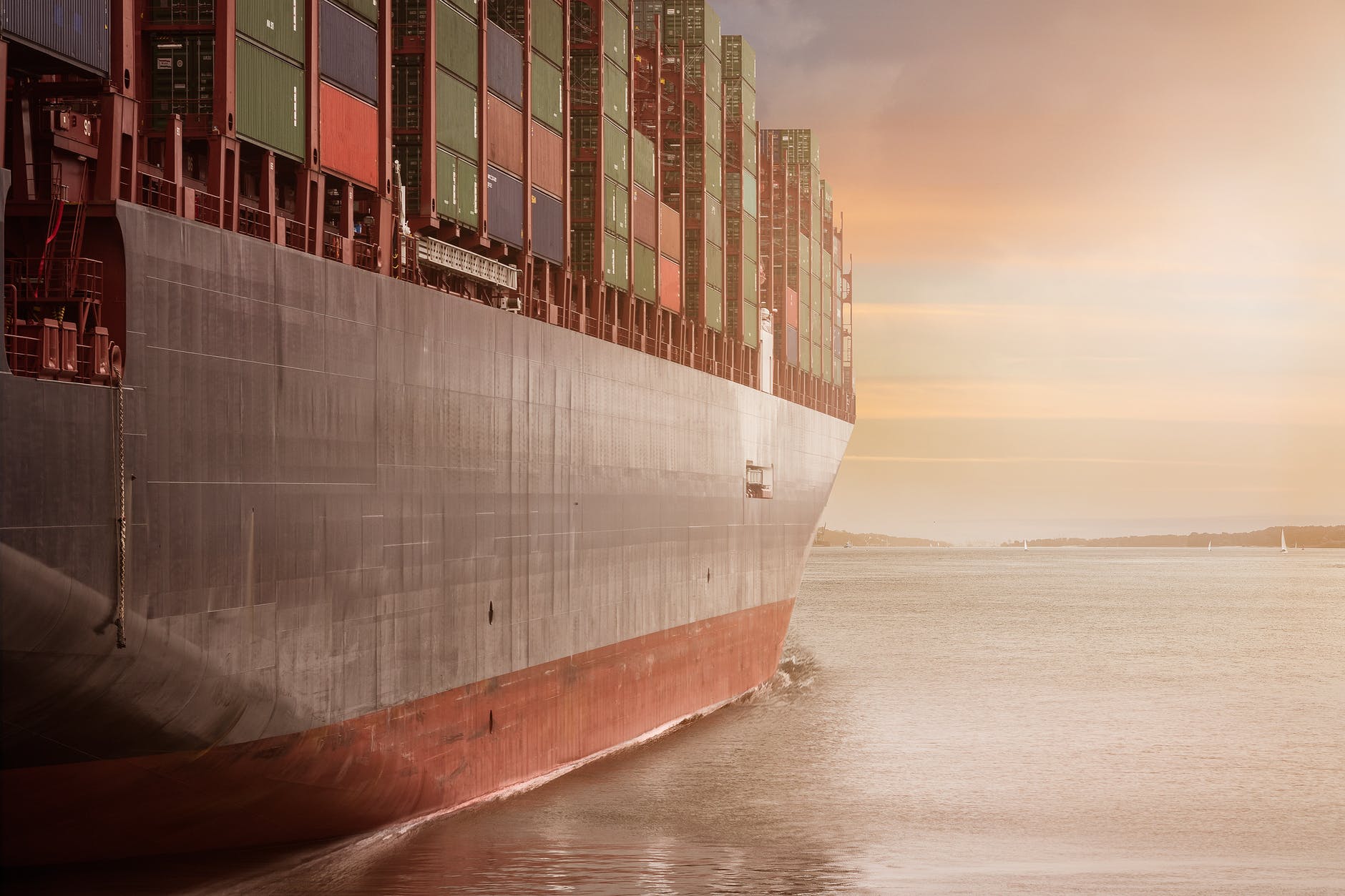
Number one is that although, yes, having one or more stowaways on board is definitely not an ideal situation, and it does cause problems for the Master and crew, remember that these people are likely fleeing from crippling poverty or other desperate situations and stowing away does not make them criminals.
As per the United Nations’ declaration, you should respect their basic human rights and treat them fairly while they are onboard.
That aside, there are a number of steps the crew member in charge should take upon the discovery of a stowaway:
- Determine the state of their health and provide medical attention if needed.
- Try to determine their identity and nationality.
- Ask them why they have stowed away.
- Ensure they have something to eat and drink.
- Issue them with accommodation and bathroom facilities.
- Ensure that they understand the ship’s safety procedures.
- Issue them with a lifeboat place and a lifejacket, and show them how to wear/use it.
- Contact the vessel’s agent or owner to let them know.
In the event that a stowaway is discovered the Master will need to determine where and how exactly they gained access to the vessel, and he or she will need to issue a signed statement containing all pertinent information as it relates to the stowaway(s).
They will need to notify the port authority in advance before the vessel’s next stop and the statement should be handed to the authorities when the stowaway is removed from the vessel.
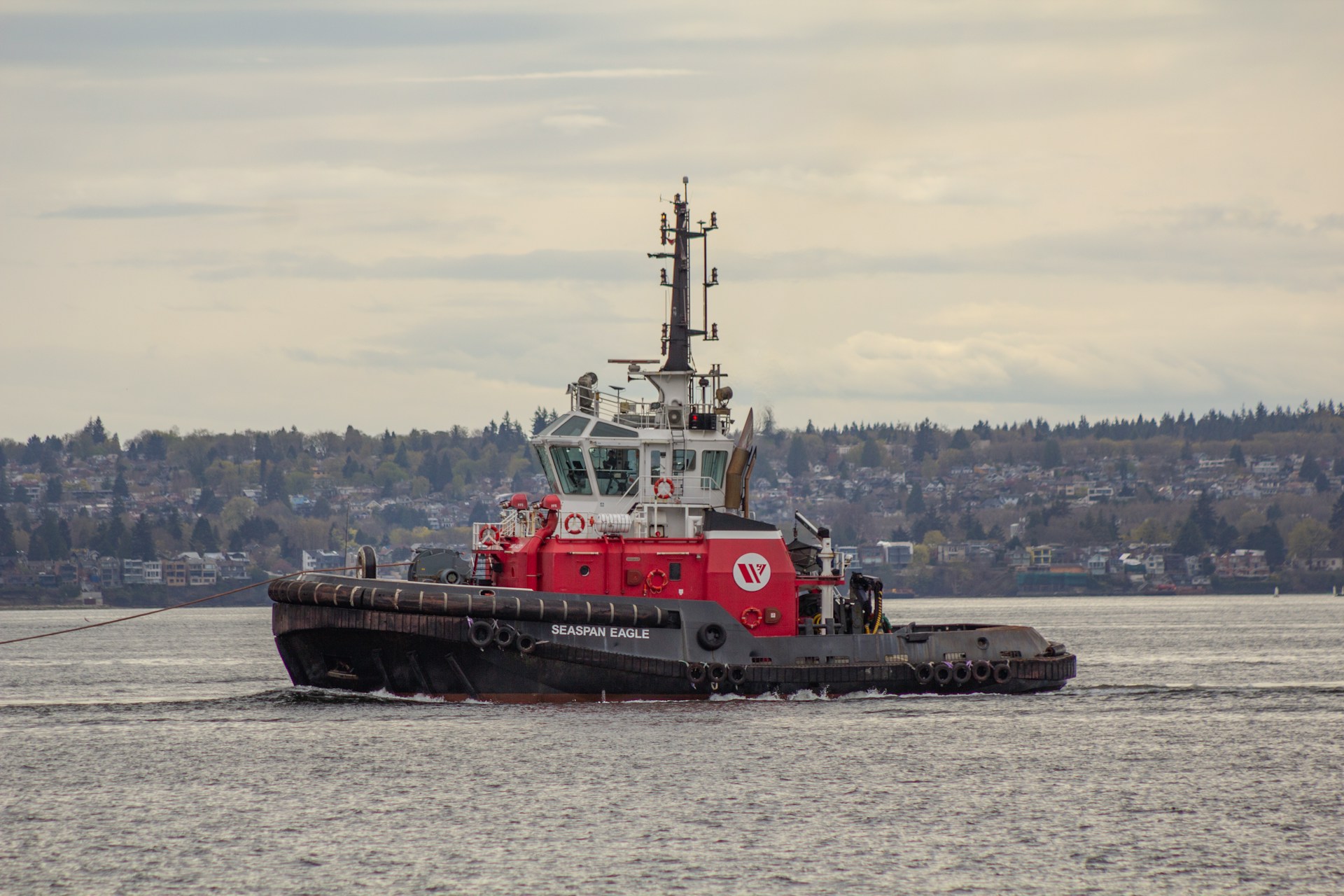
Meanwhile, while the stowaway is onboard, the Master has the right to ensure that a level of discipline is maintained, but the stowaway should not be arrested, otherwise detained, or made to work for their passage.
What is a stowaway on a ship: conclusion
Yes, stowing away is wrong and can lead to very real repercussions for a ship’s owner, the authorities and seafarers. But it can also lead to injury, illness and even death for those desperate enough to attempt it.
In an ideal world, no one would need to flee their home country in search of a better life, but poverty, wars and persecution sadly exist. And who can really blame those who try to escape a desperate situation for taking matters into their own hands?

Eve Church
Eve is Martide's content writer, publishing regular posts on everything from our maritime recruitment and crew planning software to life at sea. Eve has been writing professionally for more than two decades, crafting everything from SEO-focused blog posts and website landing pages to magazine articles and corporate whitepapers.
UK

